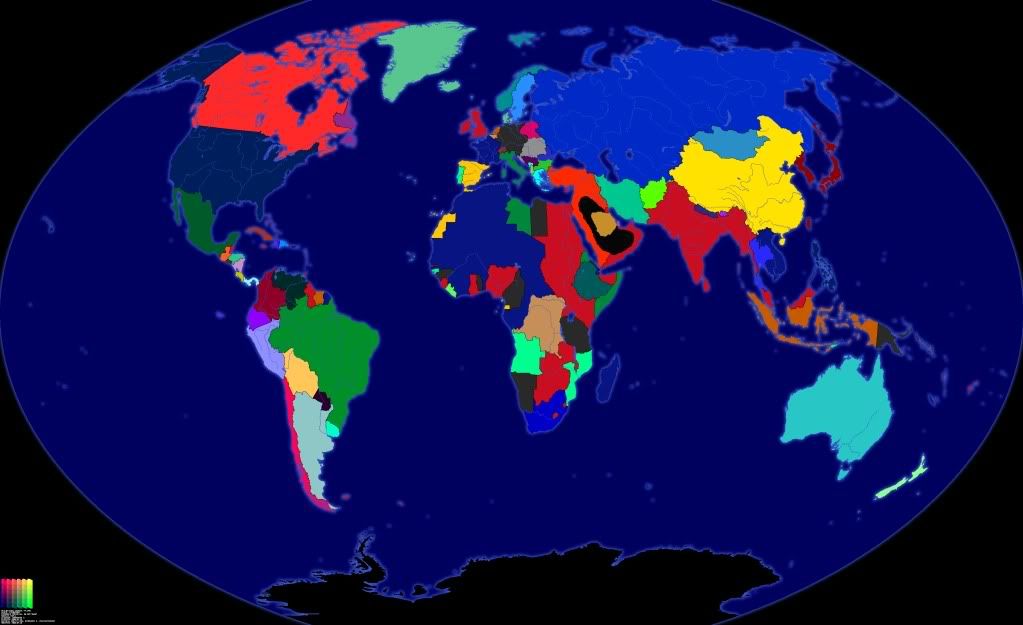das
Regeneration In Process
I suppose you could call it an early form of nationalism. A supreme emphasis is placed on the idea of Res Publica, obviously enough; as such, it is neither inherently anti-monarchistic or anti-aristocratic (indeed, there have been many monarchs that have tried to take up the banners of the Res Publica to some extent or another, whereas a common variation of Republicanism places a high emphasis on the patriotic solidarity of the nobility, or in a more general sense the nobles and the free cities), but is aimed against excessive feudal regionalism (obviously this varies from place to place) and foreign influences as represented by foreign rulers and the foreign Roman Church alike. In its original, Polish and Czech form, it was very similar indeed to the more moderate forms of Hussite ideology, with elements of what evolved in OTL into Polish szlachta republicanism. The situation in France is rather more monarchistic, and, in general, oriented more towards a Gallican religious compromise; Gascony is a hotbed of aristocratic Reformist Republicanism, though.
The Thuringian and Helvetian Republics, as well as some of the other more radical movements, are, well, more radical and populist. The Thuringian movement has involved the poorer knights as well as peasants and the urban poor, and has not as a rule been too friendly to the urban elites, despite occasional compromises; it survived for as long as it did (unlike other similar movements during the German Religion Wars) through sheer fanaticism and military and political brilliancy exhibited by some of its leaders, though it helped that their enemies were so often distracted by each other and the French; the Helvetians have been a more general urban movement, and increasingly middle-class in recent times, which doesn't make their political and especially religious ideas (think Calvin-era Calvinism taken further and spread farther) any more acceptable.
The Thuringian and Helvetian Republics, as well as some of the other more radical movements, are, well, more radical and populist. The Thuringian movement has involved the poorer knights as well as peasants and the urban poor, and has not as a rule been too friendly to the urban elites, despite occasional compromises; it survived for as long as it did (unlike other similar movements during the German Religion Wars) through sheer fanaticism and military and political brilliancy exhibited by some of its leaders, though it helped that their enemies were so often distracted by each other and the French; the Helvetians have been a more general urban movement, and increasingly middle-class in recent times, which doesn't make their political and especially religious ideas (think Calvin-era Calvinism taken further and spread farther) any more acceptable.



